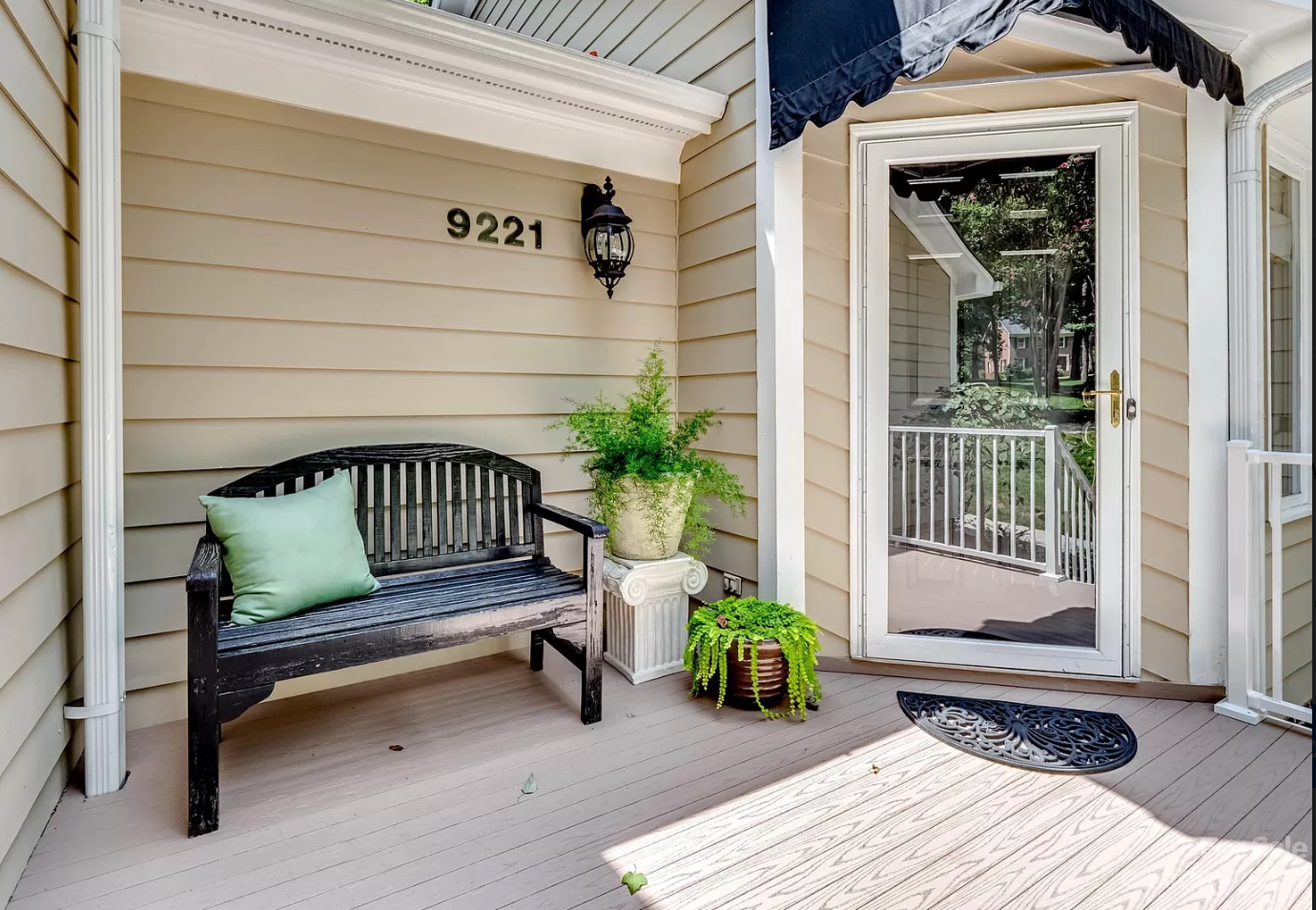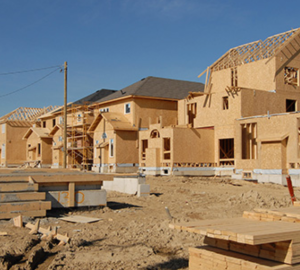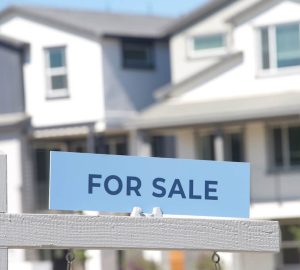A duplex offers various options for those looking to become homeowners or dive into the real estate market. Here’s a look at the advantages and disadvantages of owning a duplex.
The debate on whether your primary residence counts as an investment or merely an expense continues. However, the purchase of a duplex might just offer the best of both worlds.
Understanding Duplexes
Defined, a duplex is a residential building divided into two separate living spaces, each with its own entrance, yet housed within the same structure. The configuration of these living spaces can vary; for instance, a side-by-side layout with each side having two levels, or a top-and-bottom setup where each unit occupies a different floor.
Advantages of Purchasing a Duplex
Opting for a duplex can serve dual purposes: personal residence or investment. Owning one allows for the possibility of renting out both units or living in one unit while renting the other.
For personal use, the primary advantage lies in the additional space. This setup can be ideal for those desiring close proximity to family—like adult children or elderly parents—while maintaining separate living quarters.
From an investment standpoint, a duplex can generate dual income streams if both units are rented out. Alternatively, living in one unit while renting the other provides a unique opportunity to cover living expenses through rental income.
Being an on-site landlord offers convenience in addressing maintenance and repairs without the need for late-night drives. According to Shaun Martin, CEO of The Home Buying Company, duplexes present an economical entry point into homeownership or real estate investment, often being more budget-friendly than their single-family counterparts.
Disadvantages of Duplex Ownership
Martin highlights a key drawback: the responsibility for maintenance across both units. This would be similar to managing separate properties but is a factor to consider.
For those eyeing a duplex strictly as an investment, ensuring both units are leased is crucial to avoid financial strain from vacancies.
Living in one unit and renting the other could lead to potential noise and privacy concerns due to shared walls. Tenants might also have higher expectations for immediate responses to issues, given the landlord’s proximity.
Additionally, renting out part of the duplex necessitates specific insurance coverage. Courtney Klosterman, a consumer trends expert at Hippo Insurance, points out the need for landlord insurance to cover potential damages, loss of use, and liability.
Increasing Interest in Duplexes
Though duplexes had seen a decline in popularity, they might be witnessing a resurgence thanks to their multifaceted benefits. Alex Capozzolo, co-founder of Brotherly Love Real Estate, notes a 17% increase in demand, with particular growth in states like California and Utah. This trend suggests a rising inventory may further boost interest.
Is a Duplex Right for You?
A duplex might be an attractive option if you’re exploring ways to generate income from your living situation, especially for those on a tight budget or nearing retirement. Duplexes offer a blend of space and privacy not easily relinquished in downsizing.
As with any significant investment, it’s vital to assess the pros and cons thoroughly. Selling a duplex, particularly with staggered lease terms, might introduce complexities compared to selling a single-family home. Prospective buyers should be prepared for these challenges.




